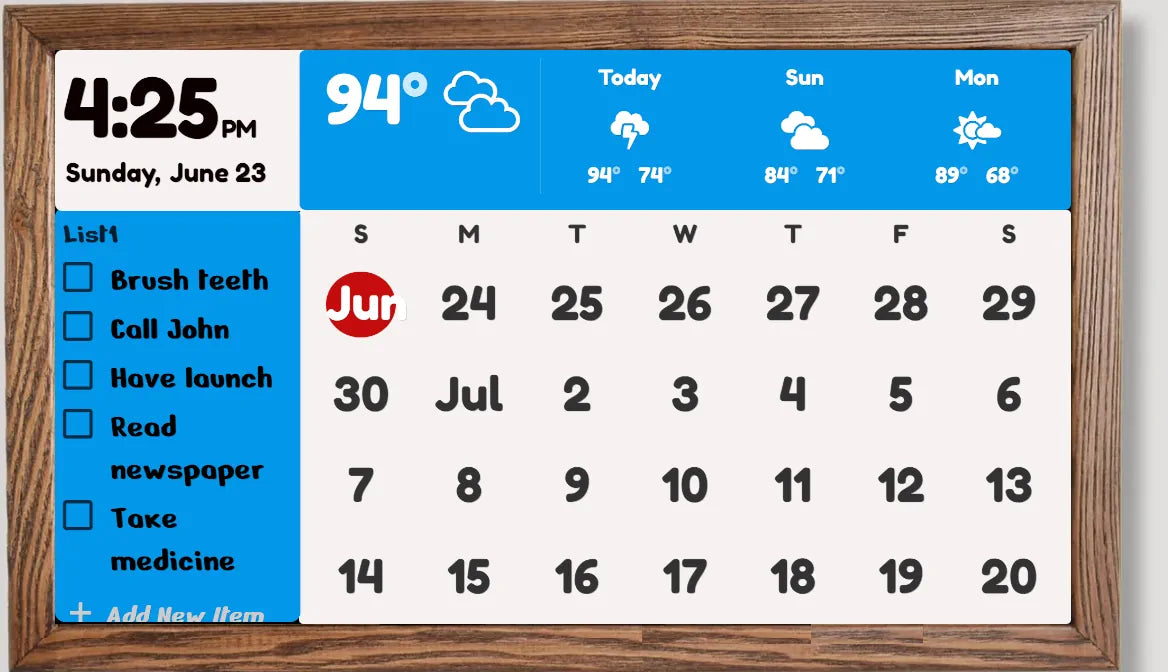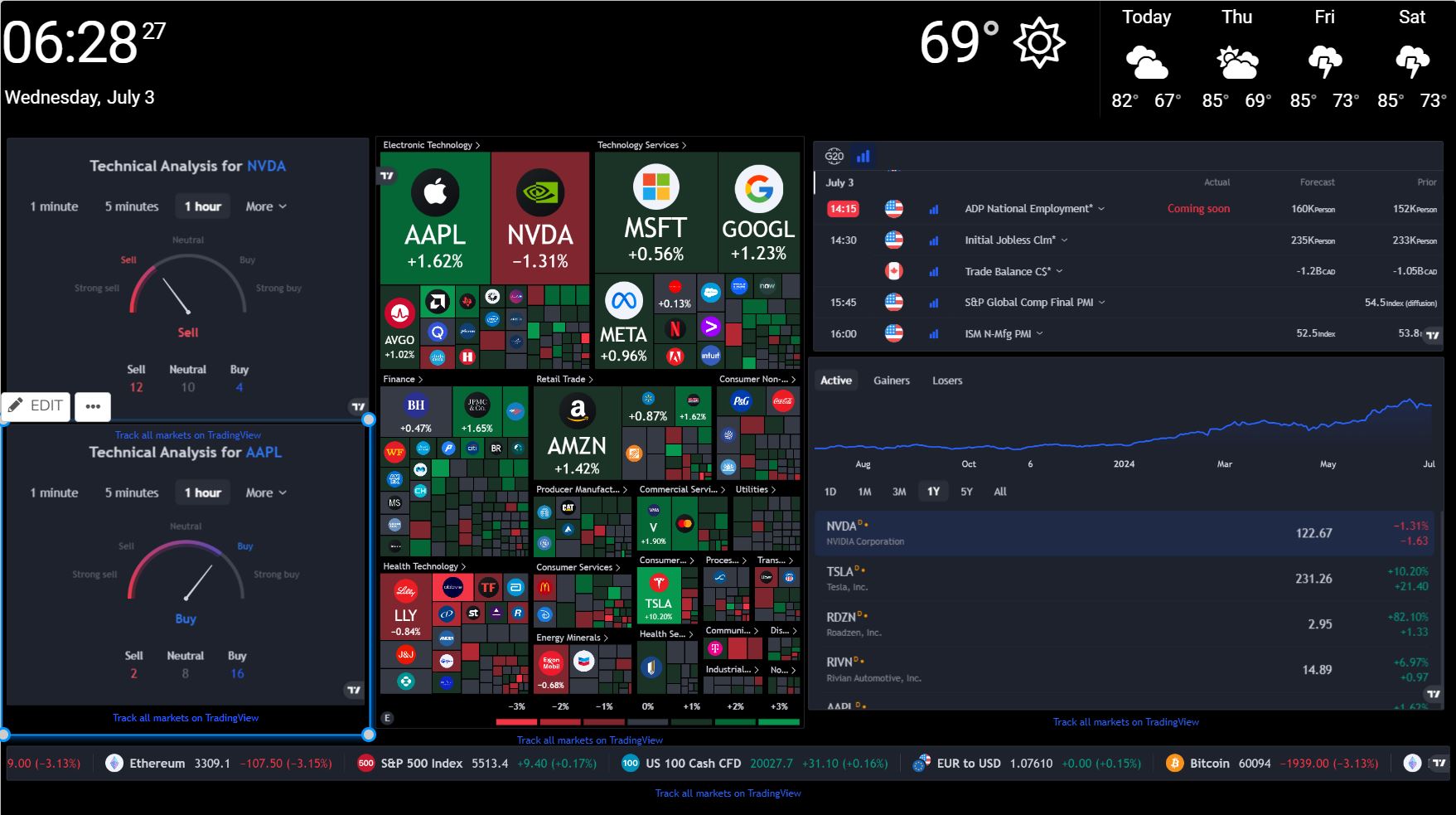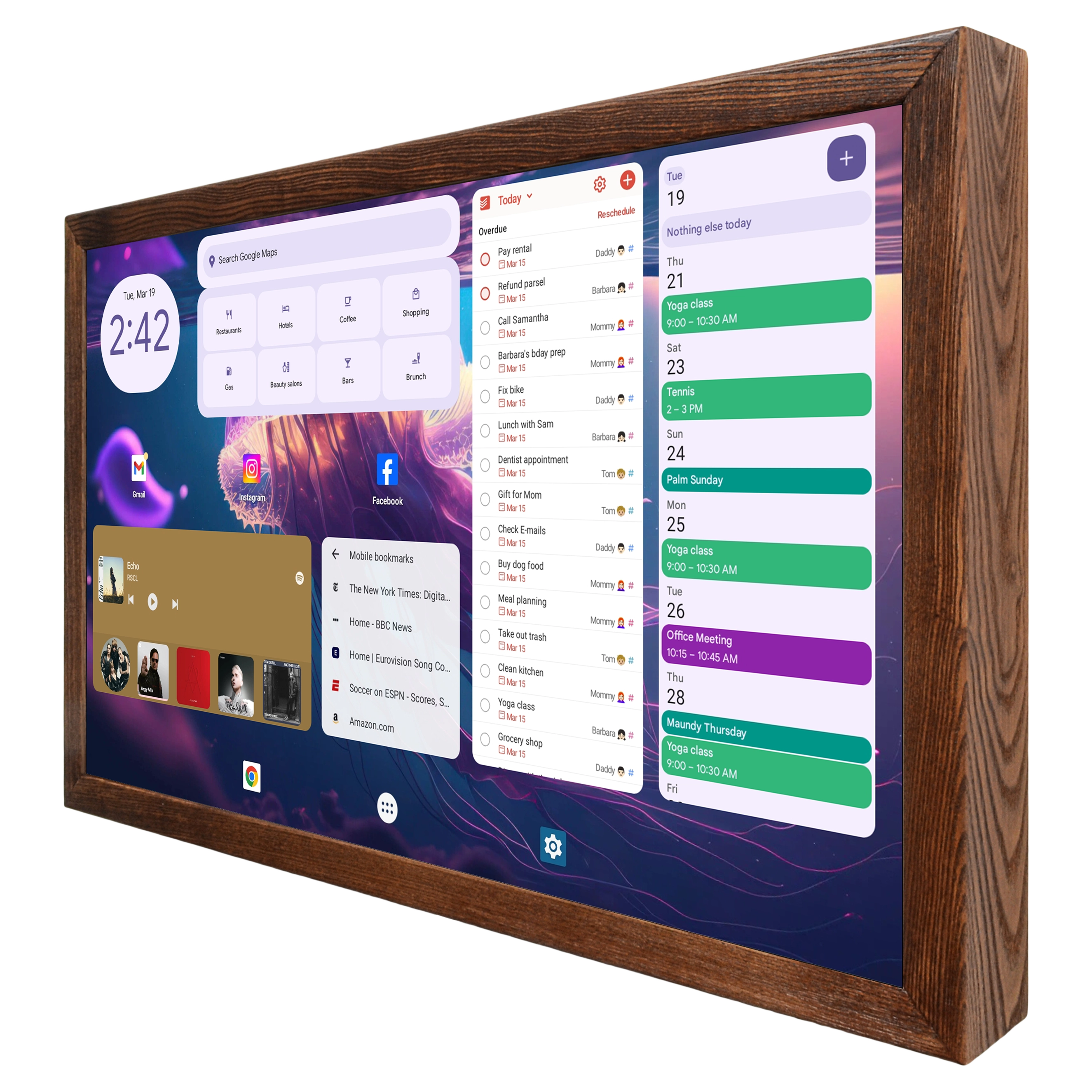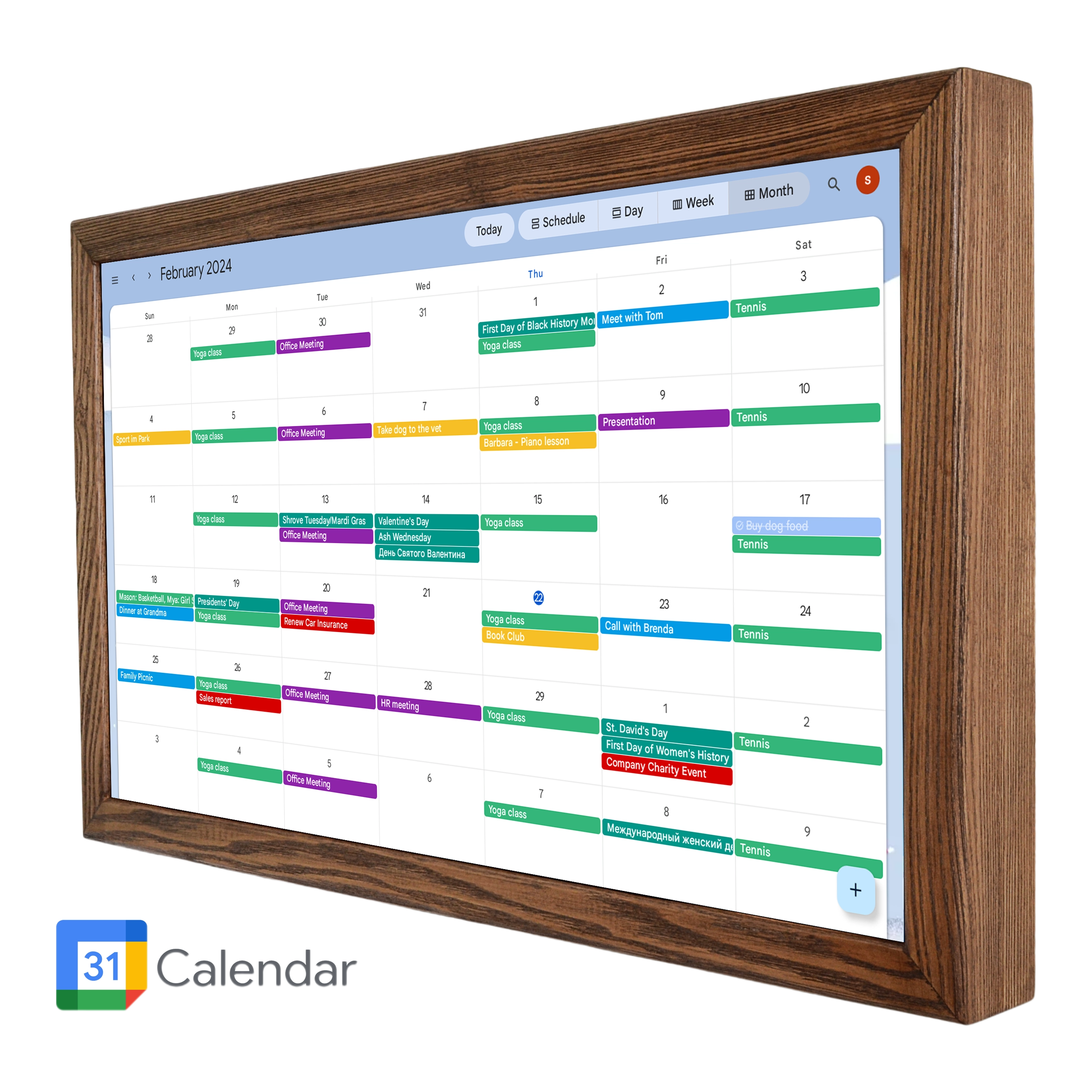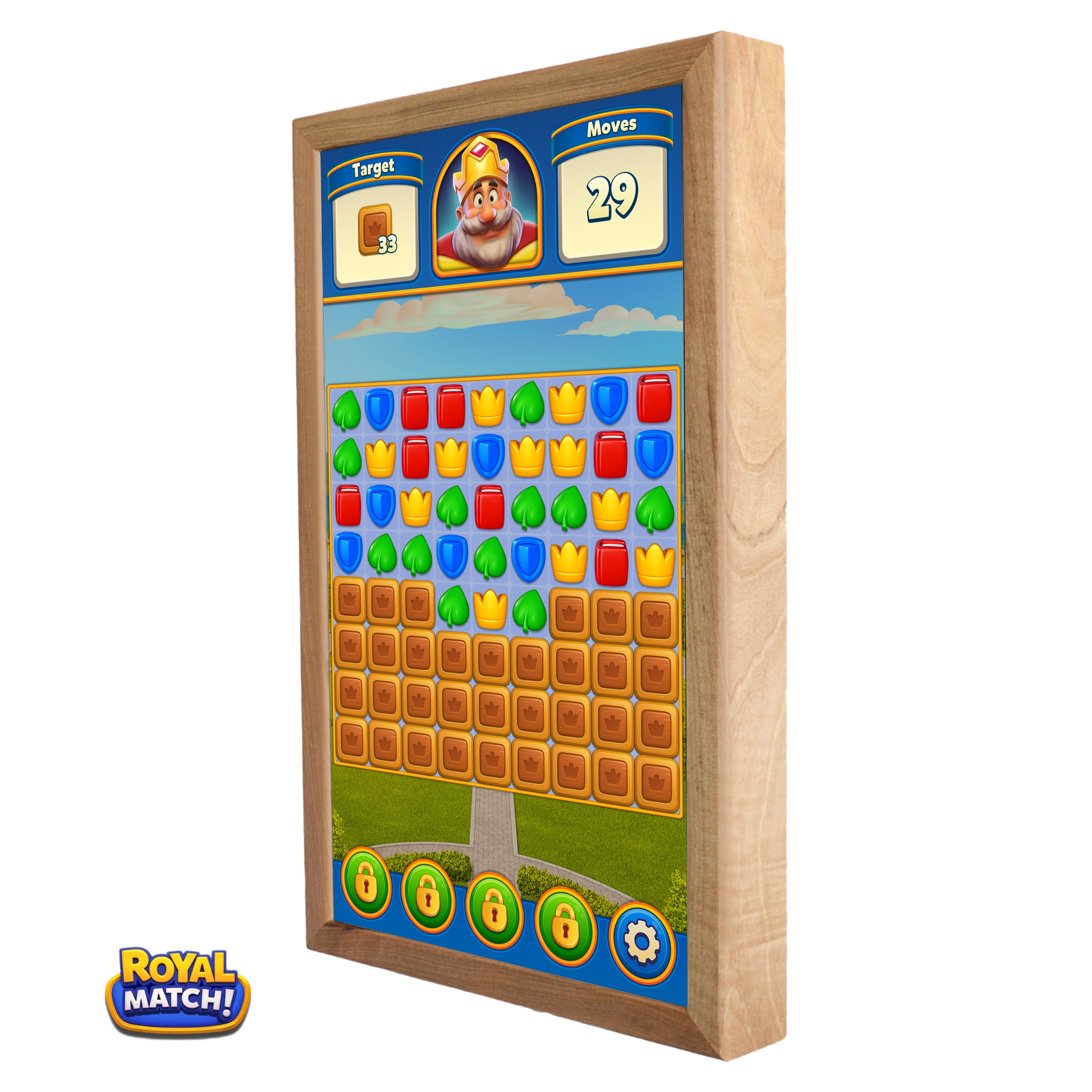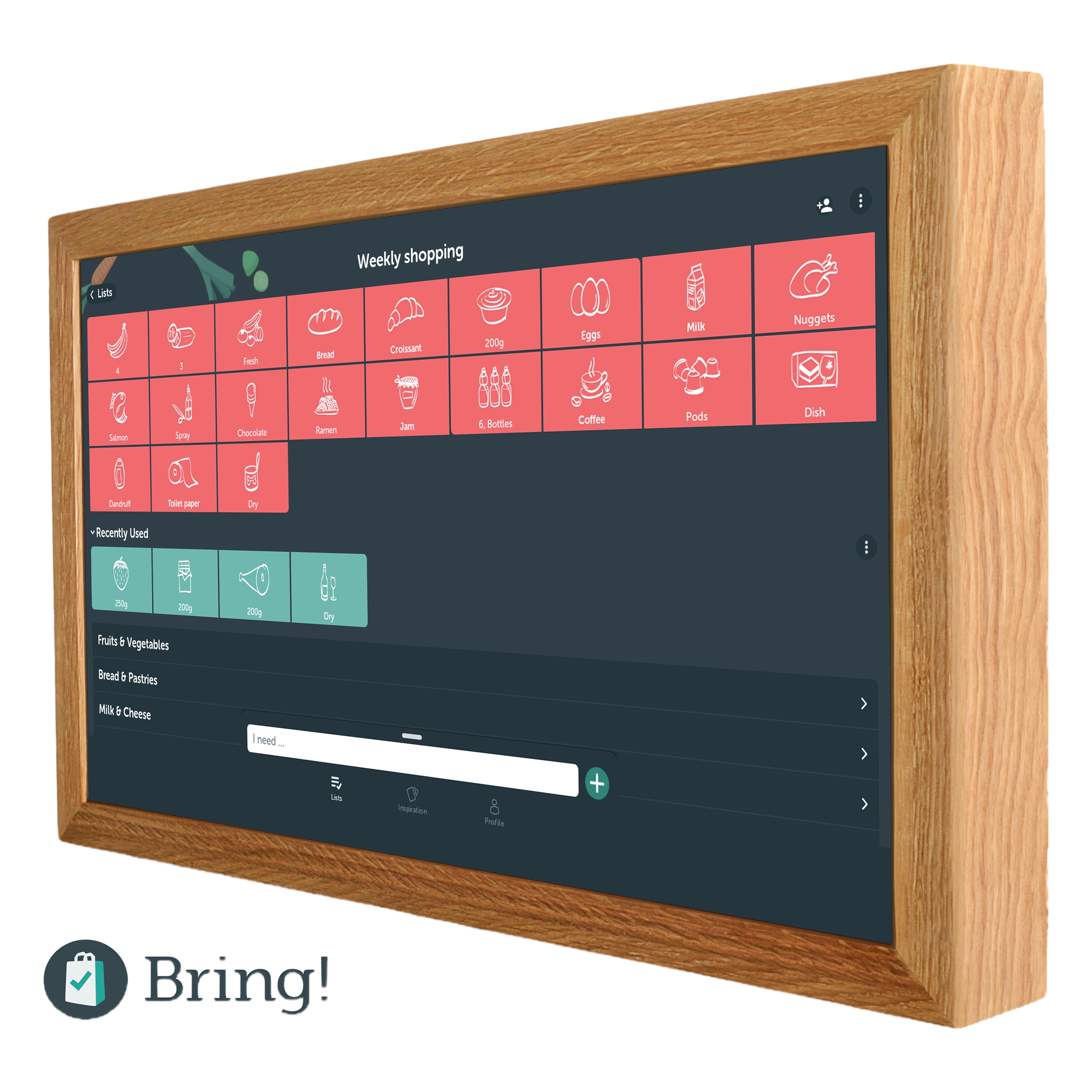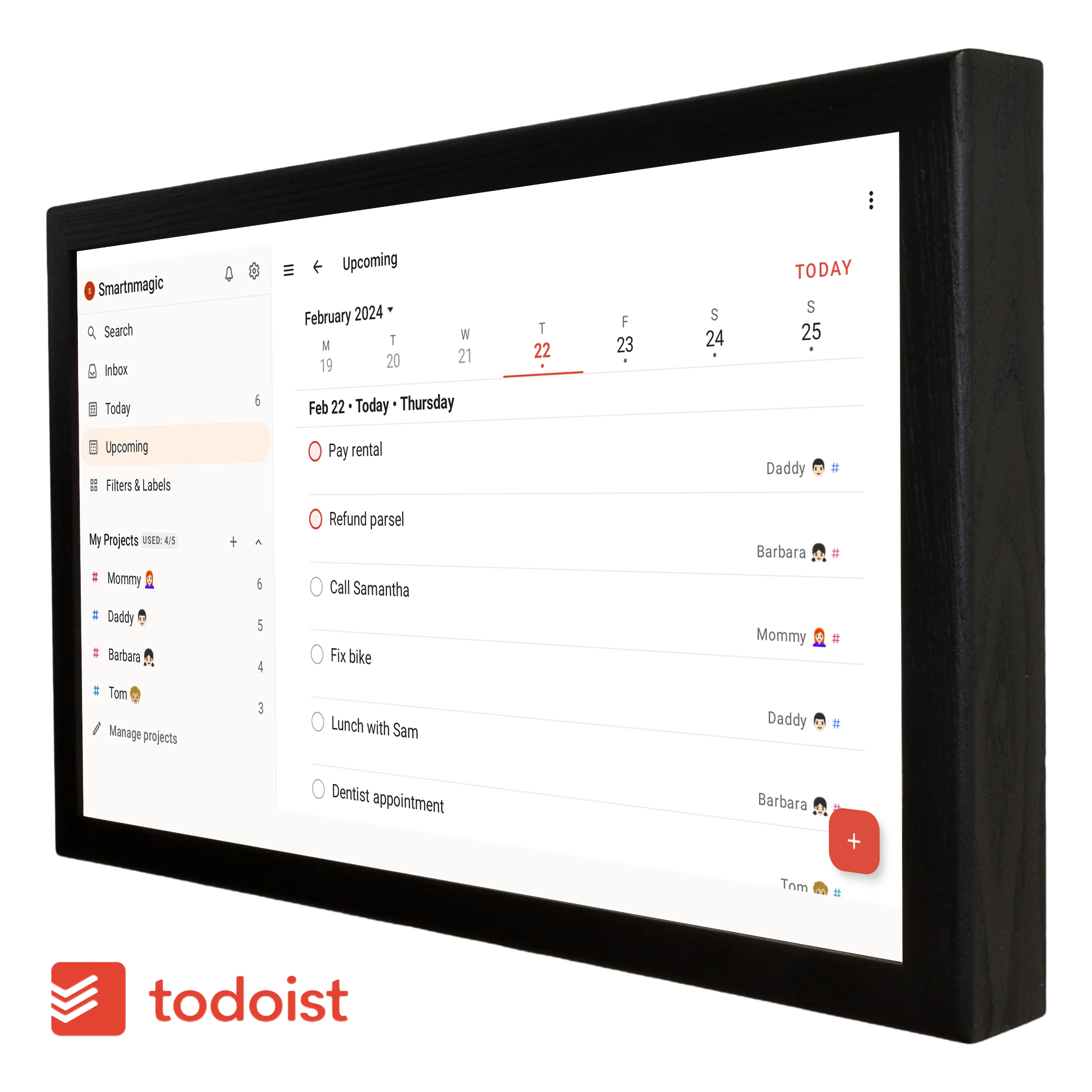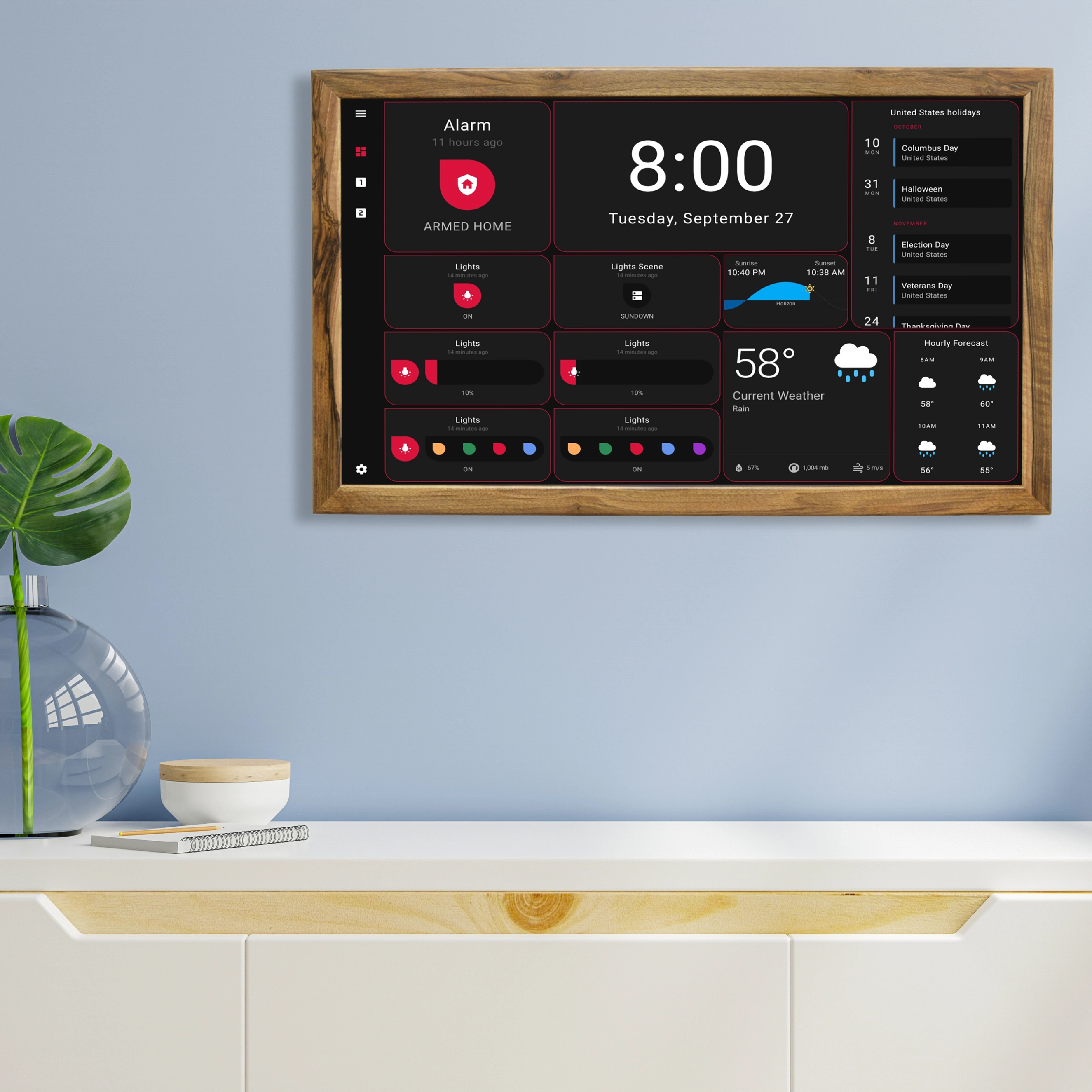Unfortunately, regardless of your insurance, no one is immune to illness. Often, we find ourselves unprepared when it concerns our loved ones. The situation can be especially challenging if someone close to you suffers from dementia. Such individuals require special care and constant attention. This can become a problem if you don't know what can help in such situations. In this guide, we will discuss some practical tips and emotional support for caring for loved ones with dementia.
Understanding Dementia
Dementia is a broad term used to describe a group of symptoms related to the decline in cognitive abilities. These symptoms include memory loss, difficulty in communication, problem-solving issues, confusion, mood swings, and more. While there are different types of dementia, Alzheimer's disease is the most common form.
It can be challenging to care for someone with dementia because their condition progressively worsens over time. They may require assistance with basic daily tasks such as eating, dressing, or going to the bathroom.
Dementia is a syndrome characterized by the gradual loss of memory, cognitive abilities, and changes in behavior. Most often, dementia manifests in the elderly, but young people can also be affected by this disease. Caring for loved ones with dementia requires not only medical knowledge but also a tremendous emotional resource. In this article, we will discuss how to make life easier for yourself and your loved ones facing this illness.
Education and Understanding Memory Loss
The first step in caring for patients with dementia is understanding the disease. Knowing the symptoms and stages of disease progression will help you prepare for potential changes in your loved one's behavior and condition. Attend specialized courses, read books and articles, and participate in seminars and webinars. The more you know about dementia, the better you can cope with the challenges that arise.
Organizing the Space
One of the important tasks is to organize a safe and comfortable space for elderly people with dementia. Remove all items that could be a source of danger - sharp objects, chemicals, small parts. Create a calm and familiar environment where the patient will feel safe. Mark rooms and important places with bright signs to help them navigate the space.
Dementia Clocks and Calendar
Simple Wall clocks with a date can significantly help a person with dementia in several ways:
Orientation in time.
People with dementia often lose their sense of time, which can cause disorientation and anxiety. A clock with a large, clear display of the time and date helps such people understand the current day, month, and time of day, reducing their anxiety.
Supporting daily schedules.
People with dementia may have schedules for taking medications, doctor visits, or other important activities. A clock with a date helps them keep track of their schedule, reminding them of important events and tasks.
Reducing stress for caregivers.
Caregivers for a person with dementia often have to answer questions about the time and date. A clock with a date in a visible place can reduce the number of such questions, easing the burden on caregivers.
Increasing independence.
A clock with a date can help a person with dementia maintain some degree of independence. The ability to independently orient themselves in time and dates contributes to maintaining confidence and autonomy.
Preventing schedule confusion.
Often, people with dementia confuse days of the week and events. A clock with a date helps avoid this confusion, which is especially important for organizing medication intake and doctor visits.
A wall clock with a date is a simple but effective tool for supporting people with dementia, improving their quality of life, and reducing stress for both them and their loved ones.
What can be even more helpful in navigating daily routines is a smart wall display with a big calendar and a digital clock, providing additionaly various important information. These clocks come already set with the correct time and date, and they prominently display the day of the week.
Dementia clocks, including digital clocks, are essential tools for keeping individuals oriented and in the present. They are especially useful during night time due to their high-definition backlit screens, which are beneficial for the visually impaired.
Place it in a place where they spend most of the day. The clock can also serve as a reminder for important appointments or daily tasks.
Choosing the right smart display based on display size, ease of reading, and placement options ensures that your loved one never loses track of time.

Benefits of a Dementia Clocks and Calendar
Personalized Reminders
A smart wall display can be programmed to show personalized reminders for taking medication, upcoming appointments, or daily tasks such as mealtimes, exercise, or hobbies. These reminders can be set with gentle alarms or visual cues to grab the attention of your loved one without startling them.
Visual and Audio Cues
To further aid those with dementia, our smart display offer both visual and audio cues. This dual approach can help compensate for any sensory deficits your loved one might have, ensuring they don’t miss important information.
Interactive Features
Our advanced displays come with interactive features that allow caregivers to update information remotely. For instance, if a caregiver needs to change the schedule or add a new appointment, they can do so from their smartphone or computer, and the changes will reflect on the wall display instantly.
Memory Aids
Displaying photos with names, places, or dates can act as a memory aid. This not only helps in recognizing family members and friends but also in recalling significant events. By regularly seeing familiar faces and places, patients can feel more connected and less isolated.
Reducing Stress and Confusion
Having a clear visual reference for the time, date, and daily schedule can significantly reduce stress and confusion. When a person with dementia knows what to expect, it can create a sense of normalcy and stability, making them feel more secure in their environment.
Daily Routine and Sleep Patterns
Establishing a daily routine can provide structure and predictability for both the caregiver and your relative. This can include regular meal times, activities, medication schedules, and rest breaks. Stick to the routine as much as possible to help reduce confusion or agitation in your loved one.
Establishing Routines
Establishing daily routines is essential for people living with dementia as it helps them maintain a sense of structure and stability. Routine activities such as mealtimes, bath times, and bedtime should be kept consistent to reduce confusion or disorientation.
Communication
Communication with a dementia patient requires a special approach. Speak slowly and clearly, using simple and understandable words. Avoid complex questions and do not overload with information. Be patient and give time to respond. Use non-verbal means of communication – gestures, facial expressions, touch. Remember that emotional support is as important as verbal support.
Communication can become challenging when caring for someone with dementia. Some tips include speaking slowly and clearly, using simple words and short sentences, maintaining eye contact, and avoiding distractions during conversations.
Routine and Rituals
A clear daily routine helps dementia patients feel more confident and calm. Create daily rituals that help your loved one orient in time and reduce anxiety. For example, have breakfast and dinner at the same time, engage in familiar activities on schedule. Regularity and predictability of actions help reduce stress levels.
Emotional Support
Caring for a dementia patient can be emotionally exhausting. It is important to remember your own psychological stability. Find support groups for relatives of dementia patients where you can share your experiences and get advice. Don’t forget your interests and hobbies, and make time for rest. Taking care of yourself is an important element of effective patient care.
Professional Help
Do not hesitate to seek help from professionals. Social workers, nurses, psychologists – all these specialists can significantly ease your task. Consider hiring care or visiting specialized day centers for dementia patients. Professional help will allow you to devote more time to other aspects of life without feeling guilty.
Tips for Interacting with Medical Institutions
Regular visits to the doctor and monitoring the patient's health are necessary parts of care. Maintain constant contact with medical institutions to stay informed about all changes in your loved one's health. Do not hesitate to ask questions and clarify recommendations. Your active position will help avoid many problems and ensure better care.
Conclusion
Caring for loved ones with dementia is a challenging and responsible task that requires a lot of strength and patience. However, with the right approach and support, you can provide your loved one with a dignified life and yourself with peace of mind. The main thing is not to be afraid to ask for help and not to forget about your own health. Remember that your love and care are the most important medicines for your loved one.
